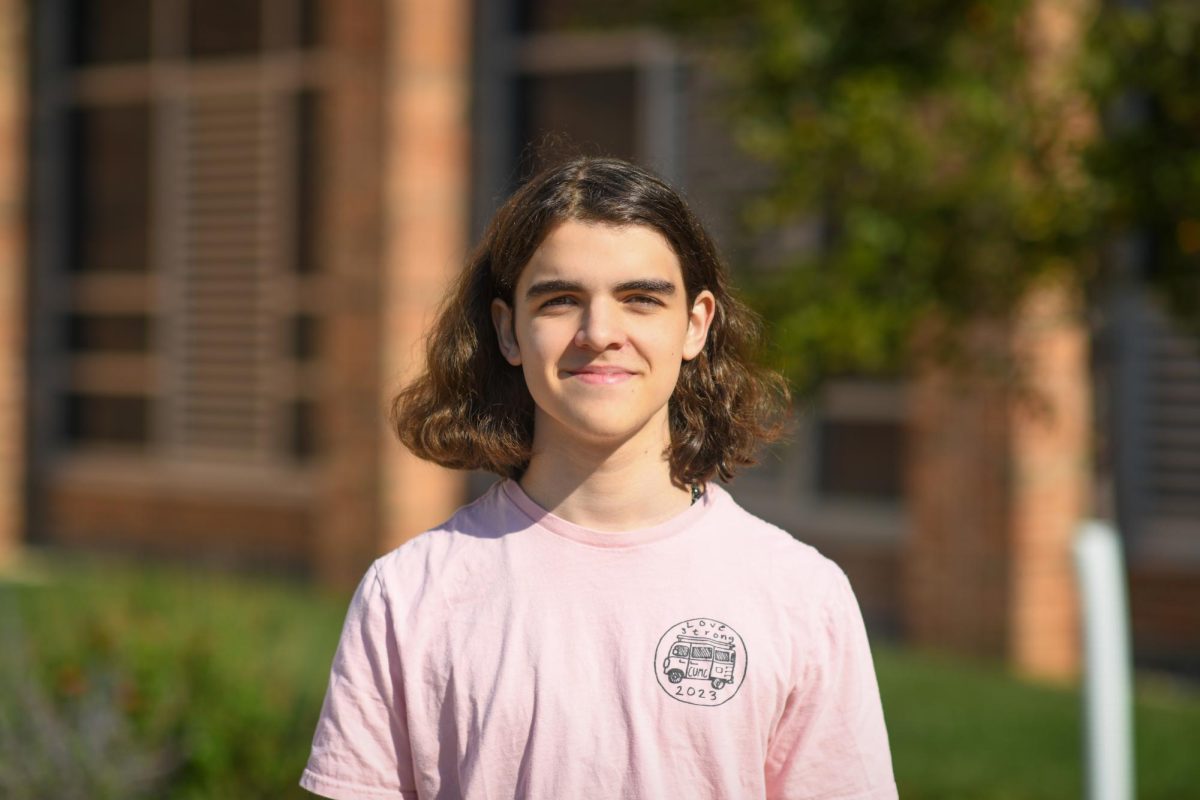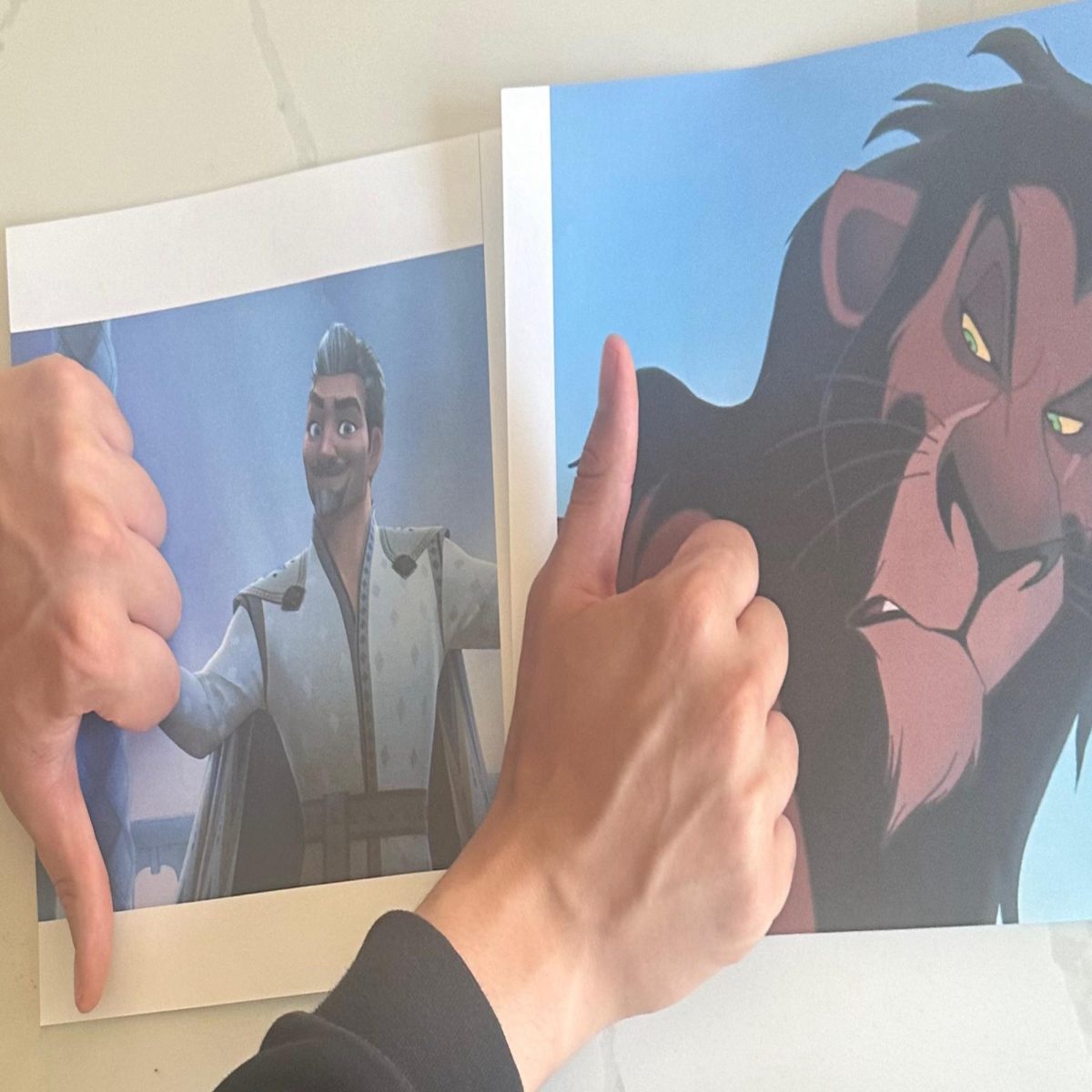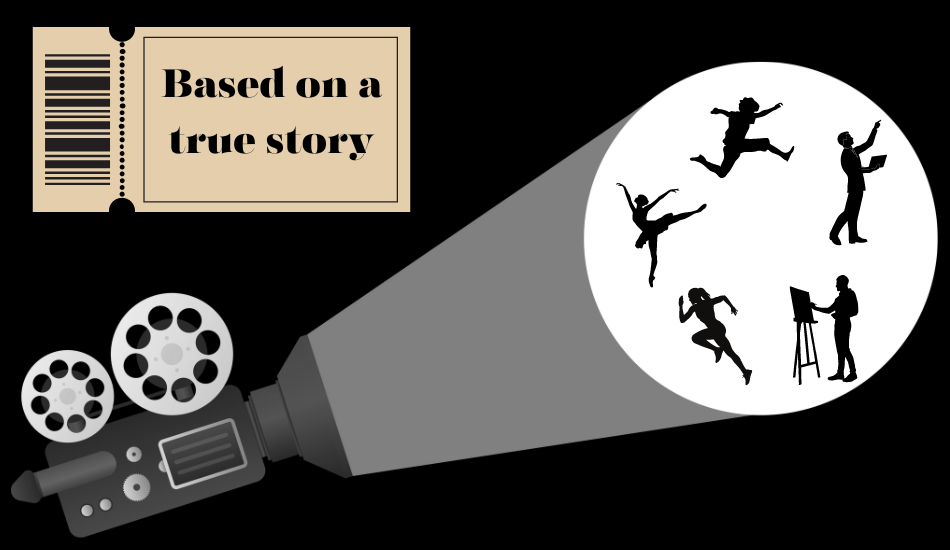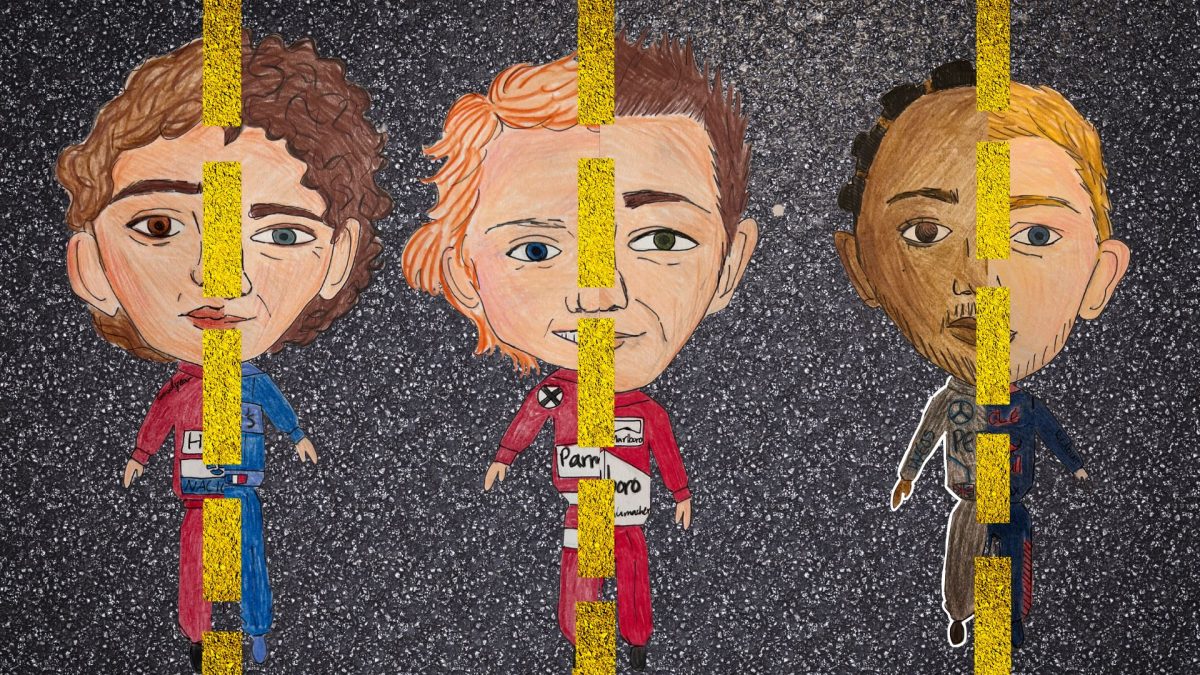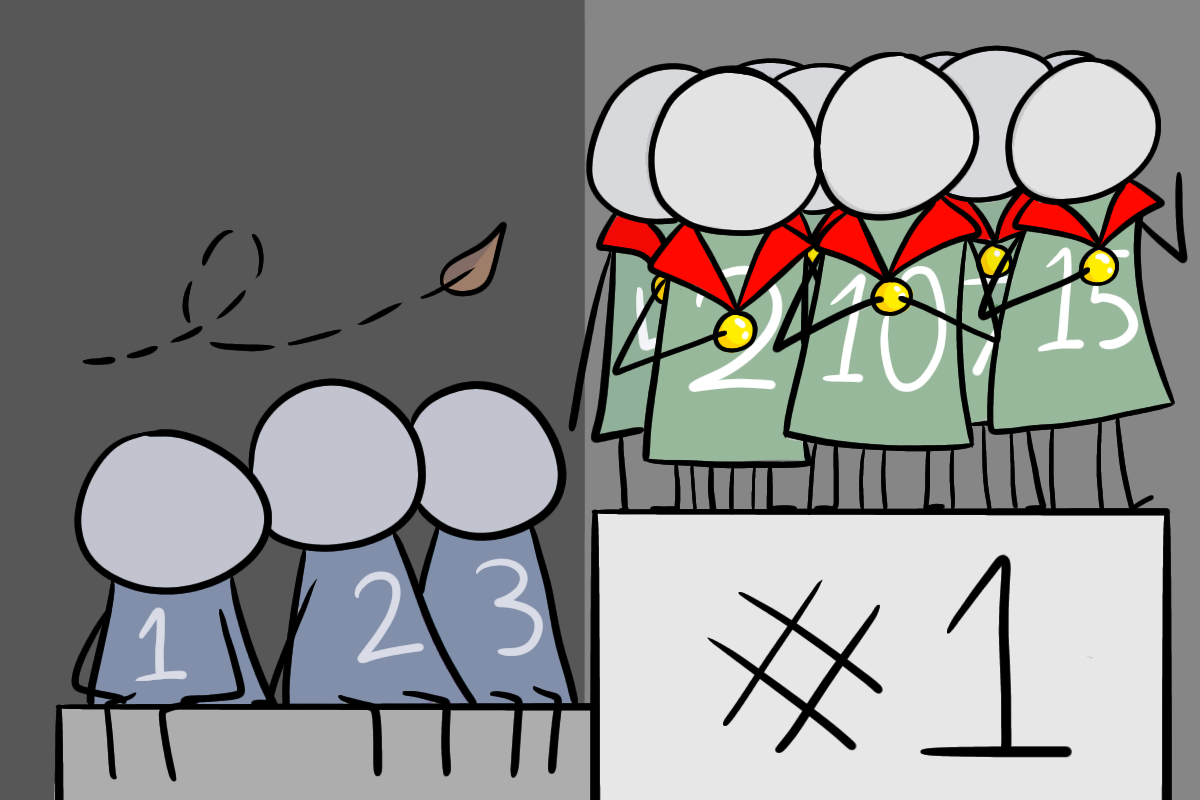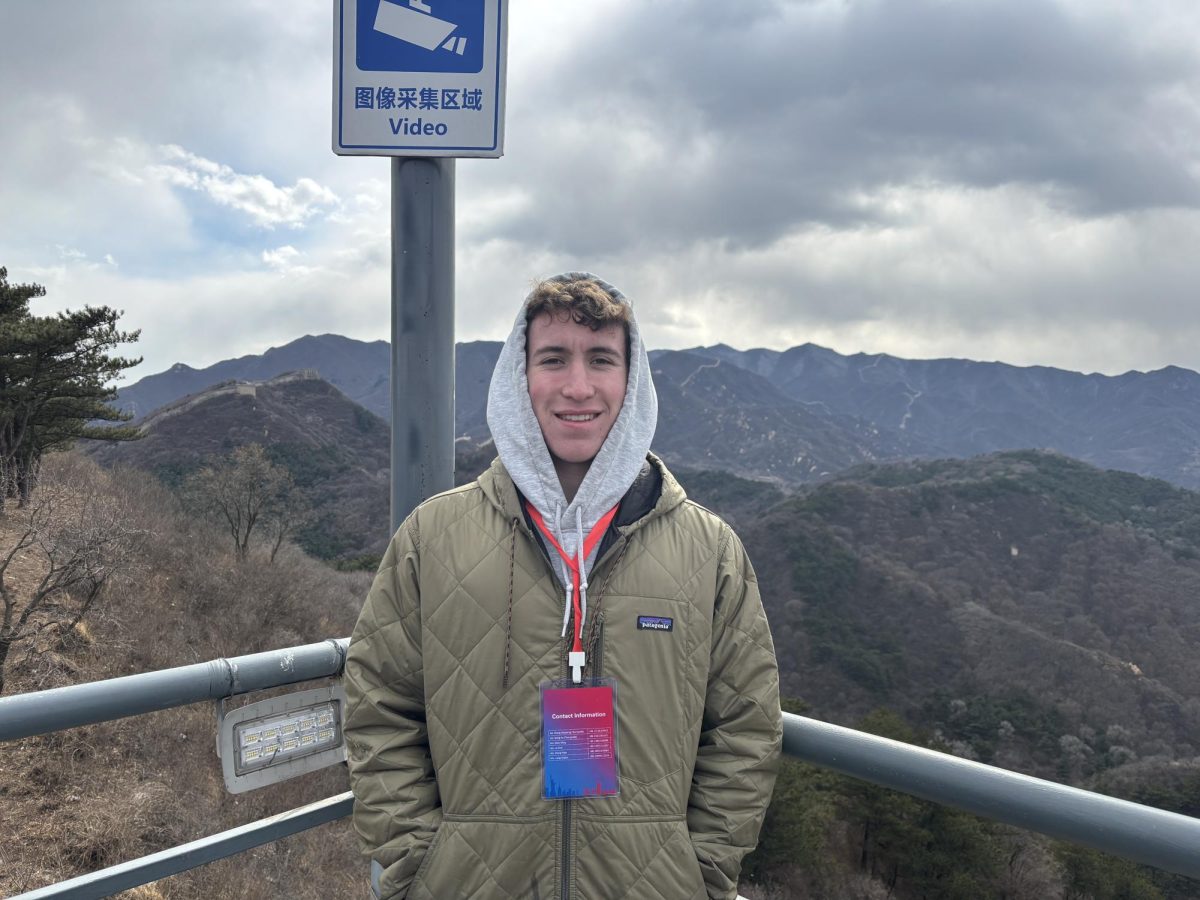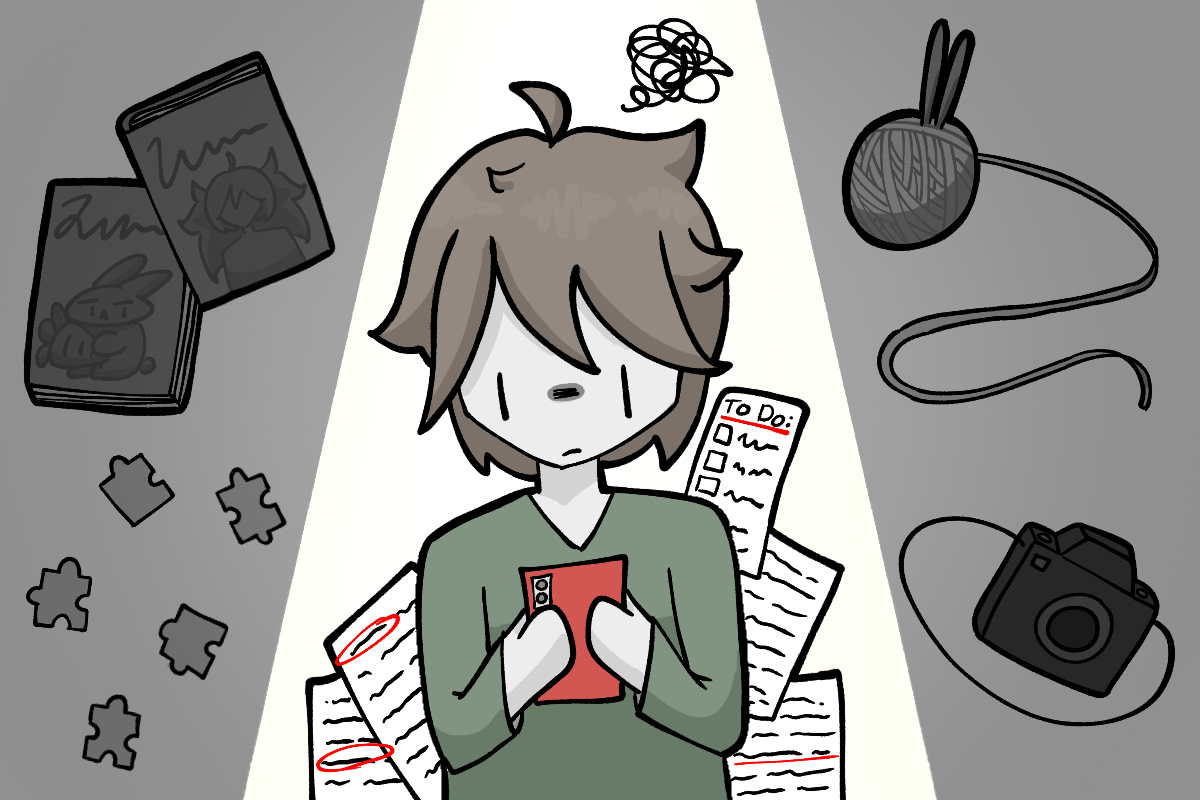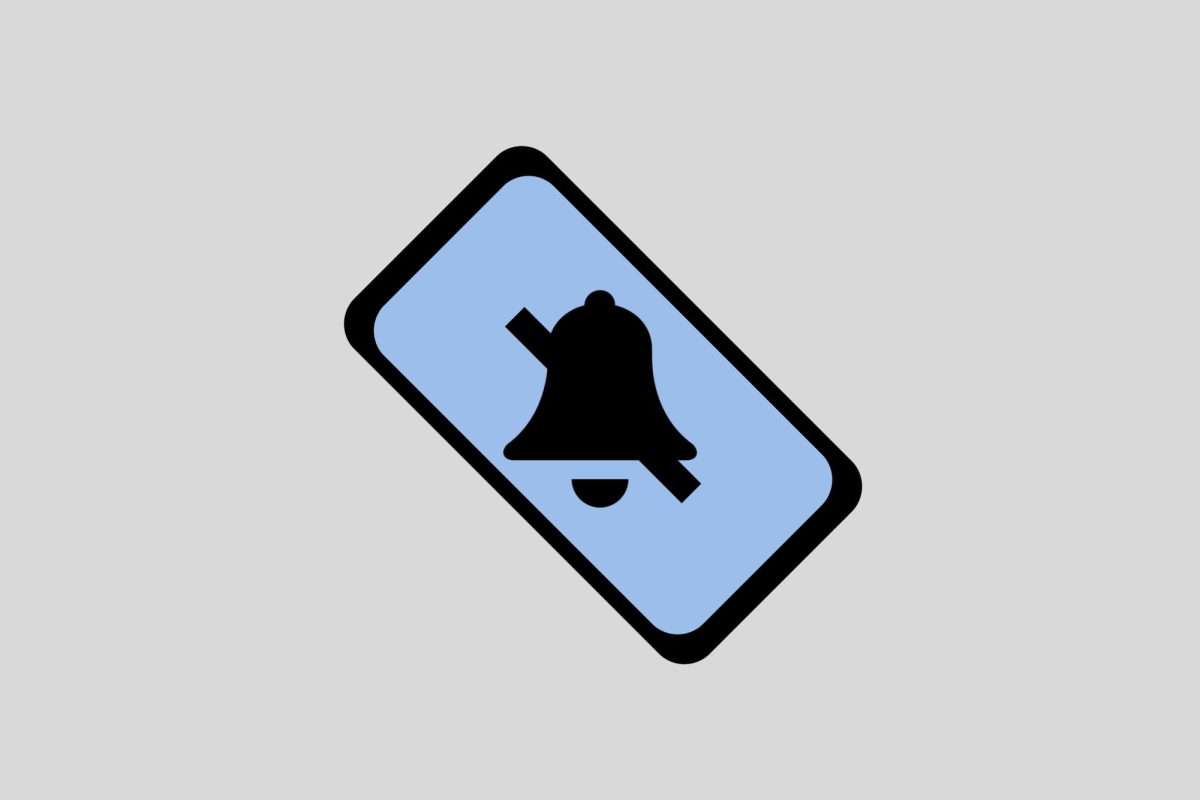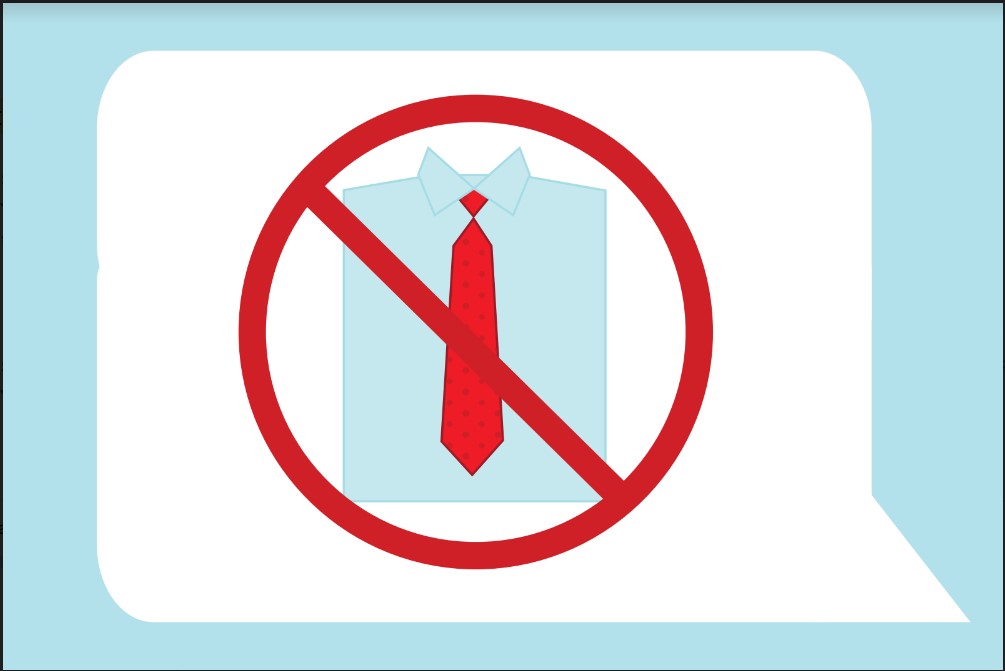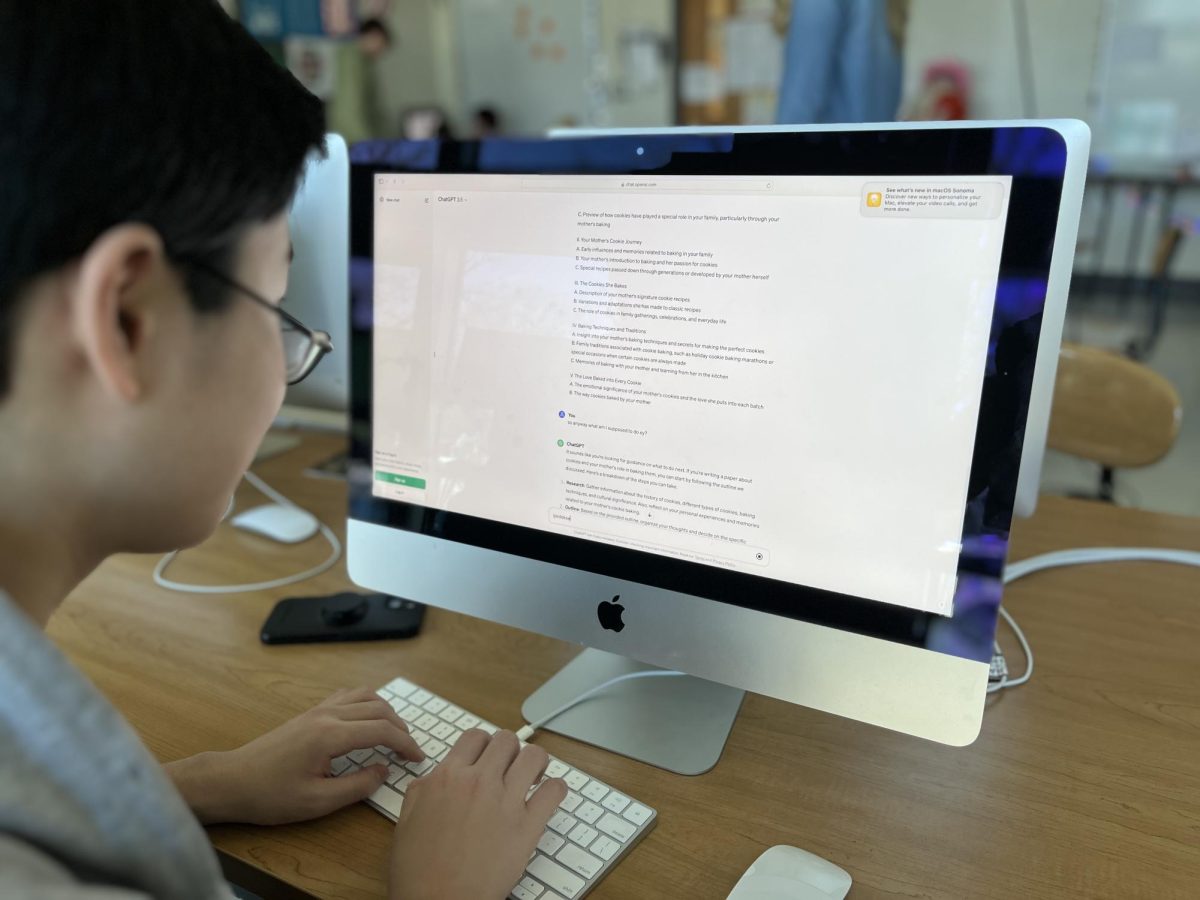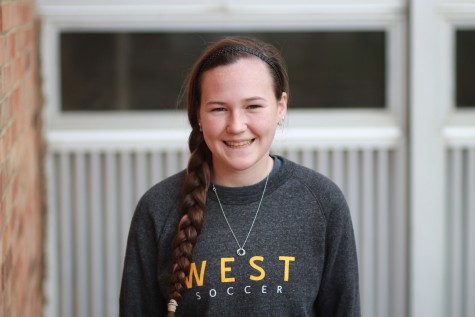“Hear ye, Hear ye. The Supreme Court of the state of Iowa is now in session.” This is a line that seems to only belong in a movie. “Hear ye, hear ye” makes it sound as if a Medieval court is coming together, rather than the court justices of present day.
On Sept. 11, 2014 the seven justices (who, as far as women and minorities have come in this world, are seven white guys) of the Iowa Supreme Court met in the West High auditorium to hear oral arguments in two cases from the state of Iowa.
The crowd in the auditorium was larger than one would think for an event of this kind. Many were probably confused at the sight of a large number of high school students sitting in the audience listening quietly to lawyer jargon. However, many of the students in the crowd were not there for the pure enjoyment of listening to an essentially one versus seven battle for justice; they were there for the extra credit received in their AP Government classes. Along with the students there were law students, civilians, and press.
As the audience settled in they were greeted by Judge Paul Miller for a brief introduction that seemed to show the very epitome of politics-they can be very boring. As Miller spoke one could not help but tune out the soft-spoken man.
Miller’s talk was followed by attorney Bruce Walker. He attempted to bring a little bit of life to the whole affair. He spoke with a much clearer voice than Miller and he spoke of the interesting nature of the cases. This seemed to be an ill-fated attempt to make the students in the crowd more interested in the content of the meeting, rather than how much their grade will increase when they receive their extra credit. At least he tried.
After Walker had finished briefing the members of the audience in the oral arguments the first case began (State of Iowa v. Zachariah J. Rogerson). According to the pamphlet given out at the event “Rogerson had been charged with four counts of serious injury by operating a motor vehicle while intoxicated.” Rogerson and his attorney were arguing that using the ICN network (similar to Skype) for witnesses to testify during his trial would violate his rights under the Confrontation Clauses in the United States and Iowa Constitution. Rogerson’s attorney appeared to be very nervous as he began his oral argument. He stammered and stumbled over his lines for a bit. He seemed very naive and inexperienced, especially when asked questions . The questions were one of the weirdest points of the whole night because justices could interrupt whenever they felt like it and ask the attorney a question. They did this for both Rogerson’s attorney and the state attorney. Unlike Rogerson’s attorney the state attorney was louder and more confident. The first case then ended with a rebuttal by Rogerson’s attorney.
After the first case had been completed the State of Iowa v. Yvette Marie Louisell took place. In 1988 Louisell was convicted of first degree murder when she was 17 years old and given life in prison without parole. It has since been deemed cruel and unusual punishment to for a minor to be given a life sentence with no chance of parole. The district court then imposed a 25-year sentence which would allow for Louisell’s immediate release. The state, however, “argues that the principles of cruel and unusual punishment allow a district court to strike down an unconstitutional sentence, but do not authorize it to create a determinate sentence.”(according to the pamphlet given out at the event). Essentially, the court can strike down a jail sentence that is unconstitutional, but they can not determine a new sentence.
Now, by this point in the night I was interested, yet also ready to fall asleep. One can only listen to words they don’t understand for so long. The second case proceeded similarly to the first. The state spoke first, then the attorney for Louisell, then the state for a second time.
Overall, the oral arguments seemed to be exactly what was expected-boring yet a learning experience. I learned that it is not okay to clap after someone is done speaking (this isn’t a theater production even though it’s in an auditorium). I also learned that even though a justice has years of schooling it is still okay for Justice David Wiggins to say the word “ain’t.”




